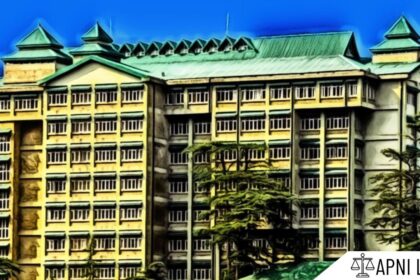Code
Any offence not punishable with death or imprisonment for life, committed by any person who at the date when he appears or is brought before the Court is under the age of sixteen years, may be tried by the Court of a Chief Judicial Magistrate, or by any Court specially empowered under the Children Act, 1960 (60 of 1960), or any other law for the time being in force providing for the treatment, training and rehabilitation of youthful offenders.
Explanation
This section states that when a child is apprehended for an offense, the police officer in charge of the police station where the child is brought must immediately inform the Juvenile Justice Board having jurisdiction over the area.
The Board then decides whether to:
- Release the child on bail or probation.
- Send the child to a place of safety or shelter home.
- Order the child to be produced before the Board for further inquiry.
The Board has the power to investigate the case and determine the best course of action for the child, taking into account their age, the nature of the offense, and the child’s best interests.
Illustration
Imagine a 15-year-old boy is caught stealing a mobile phone. The police apprehend him and take him to the police station. The officer in charge must immediately inform the Juvenile Justice Board about the incident. The Board then decides whether to release the boy on bail, send him to a shelter home, or order him to be produced before the Board for further investigation. The Board would consider the boy’s age, the nature of the offense, and his best interests while making this decision.
Common Questions and Answers
Q: What is the age limit for a child under CrPC Section 27?
A: The age limit for a child in conflict with the law is 18 years as per the Juvenile Justice (Care and Protection of Children) Act, 2015.
Q: Who can inform the Juvenile Justice Board?
A: The police officer in charge of the police station where the child is brought is legally obligated to inform the Board.
Q: What happens if the child is not released on bail?
A: The Board can decide to send the child to a place of safety or shelter home, or order the child to be produced before the Board for further inquiry.








